Abu Dhabi, 26 Dzulhijjah 1437/28 September 2016 (MINA) – The government of the United Arab Emirates (UAE), in response to the events in Syria since 2011, took a series of measures on various levels in order to alleviate the suffering of the Syrian people and to cater for Syrian refugees in Syria and abroad, according to a report carried by the official news agency WAM.
These measures included hosting 101,364 Syrian refugees and extended residency permits to them in the UAE since the eruption of the crisis in 2011. In total, there are around 242,324 Syrian residents in the UAE.
In recognition of the difficult situation in Syria, the UAE government showed great sympathy and flexibility in allowing tens of thousands of Syrians with expired visas or travel documents to adjust their status in the country, which enabled them to remain in the UAE.
In the education sector, 17,378 Syrian students were enrolled in UAE schools. While in the business sector, there are around 6,078 Syrian new investors, quoted by Mi’raj Islamic News Agency (MINA) as reporting.
Also Read: Syria, Jordan Condemn Netanyahu’s Visit to Occupied Syrian Buffer Zone
UAE measures to support the Syrian people also included providing over $1.1 billion to Syrian people. This included a total of $581.5 million in humanitarian assistance, and over $420 million to combat ISIS and other extremist groups and deal with the consequences of displacement.
The UAE humanitarian aid to Syrian refugees has been distributed as follows: $167.8 million for food aid, $154.8 million for multi-sector aid, $88.1 million for shelter and non-food items, $78 million for the provision of health services and support, $63.7 million for co-ordination and support services, $23 million for water and sanitation, $4.2 million for education, and $1.9 million for other expenses as part of its funding.
Since 2014, the UAE has allocated and disbursed $38 million to the World Food Program and UNICEF. This funding benefited an array of projects, such as food security for internally displaced Syrians and special nutrition for children and pregnant women.
The UAE gave $6 million to the Office for the Coordination of Humanitarian Affairs (OCHA) and United Nations High Commissioner for Refugees (UNHCR), to support coordination efforts by the UN staff in a number of refugee camps. UAE also allocated almost $2 million to the International Rescue Committee (IRC), for Syrian refugee projects in Northern Iraq.
Also Read: UNIFIL Reports Over 7,300 Israeli Violations of Lebanese Airspace Since Ceasefire
Mrajeeb Al-Fhood camp, which was opened in March 2013, is among the UAE-funded projects in Jordan. The camp accommodates 6,437 Syrian refugees and has a total capacity to accommodate 10,000. The UAE provides shelter, food, water and other basic services. It also collaborates with the governments of the United Kingdom and Norway to provide education and training to refugee children. To date, the UAE has provided $53.5 million to fund the camp and cover its running costs.
Another UAE-funded project in Jordan is the Emirati-Jordanian Field Hospital in Al-Mafraq, placed near the Syrian-Jordanian borders 80 kilometers north of the capital Amman. The field hospital was established with the help of the Jordanian authorities, Dar Al-Salam and Al-Aqleh hospitals.
Operated since late August 2012, the hospital has 12 units and 22 beds as well as facilities such as two operating theatres, pediatric, cardiology, laboratory and pharmacy units. The hospital team is composed of 56 staff, doctors, nurses, various medical personnel and administrative and logistics staff. It also has a number of volunteers from the UAE. By August 2015, the hospital has provided more than 482,801 treatments.
By early September 2015, relief aid from the UAE Red Crescent (ERC) and the Khalifa Al-Nahyan Foundation have reached around 1 million Syrian and Iraqi refugees in Iraqi Kurdistan.
Also Read: Russia Condemns UN Gaza Resolution, Says It Contradicts Palestinian Statehood
This includes both people in refugee camps and people sheltered in temporary accommodations like schools, mosques and churches. (T/P004/R07)
Mi’raj Islamic News Agency (MINA)
Also Read: Israeli Airstrike on Palestinian Refugee Camp in Lebanon Kills 13





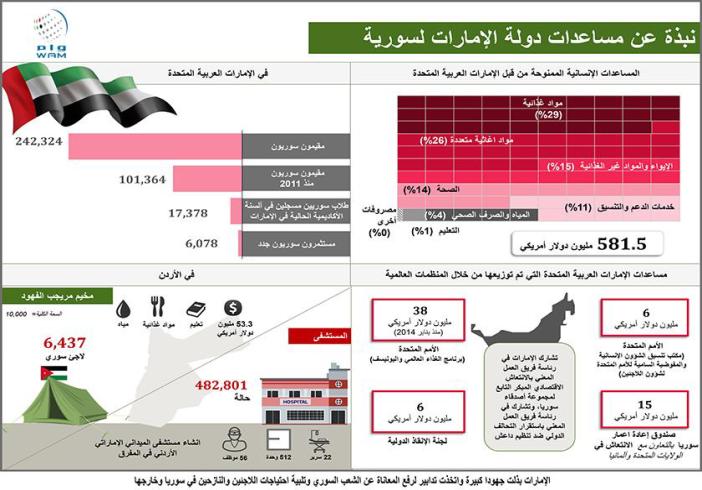

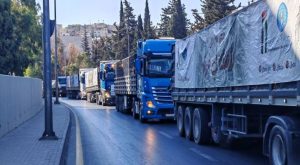
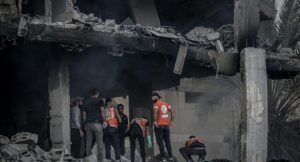


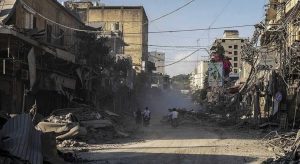
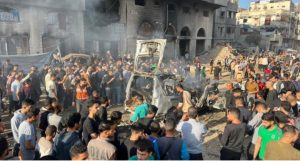

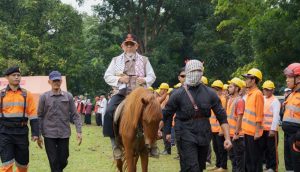

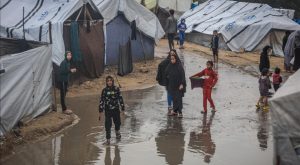
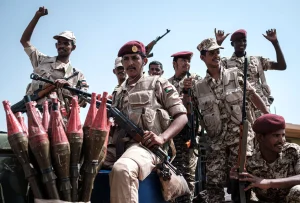
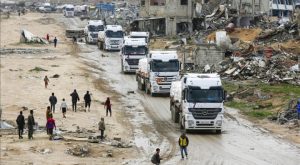
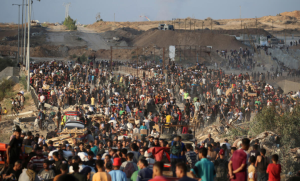















 Mina Indonesia
Mina Indonesia Mina Arabic
Mina Arabic